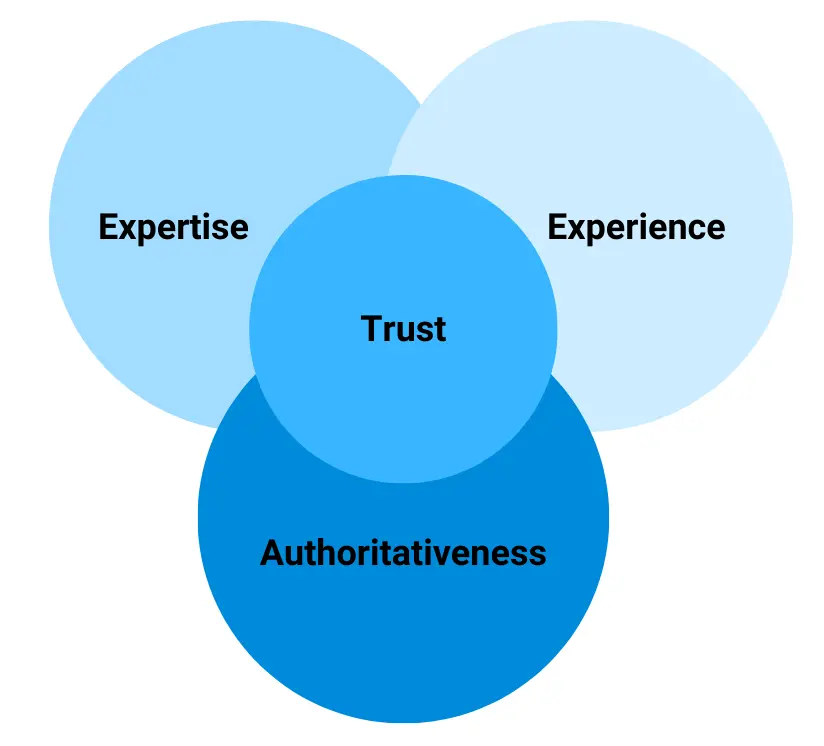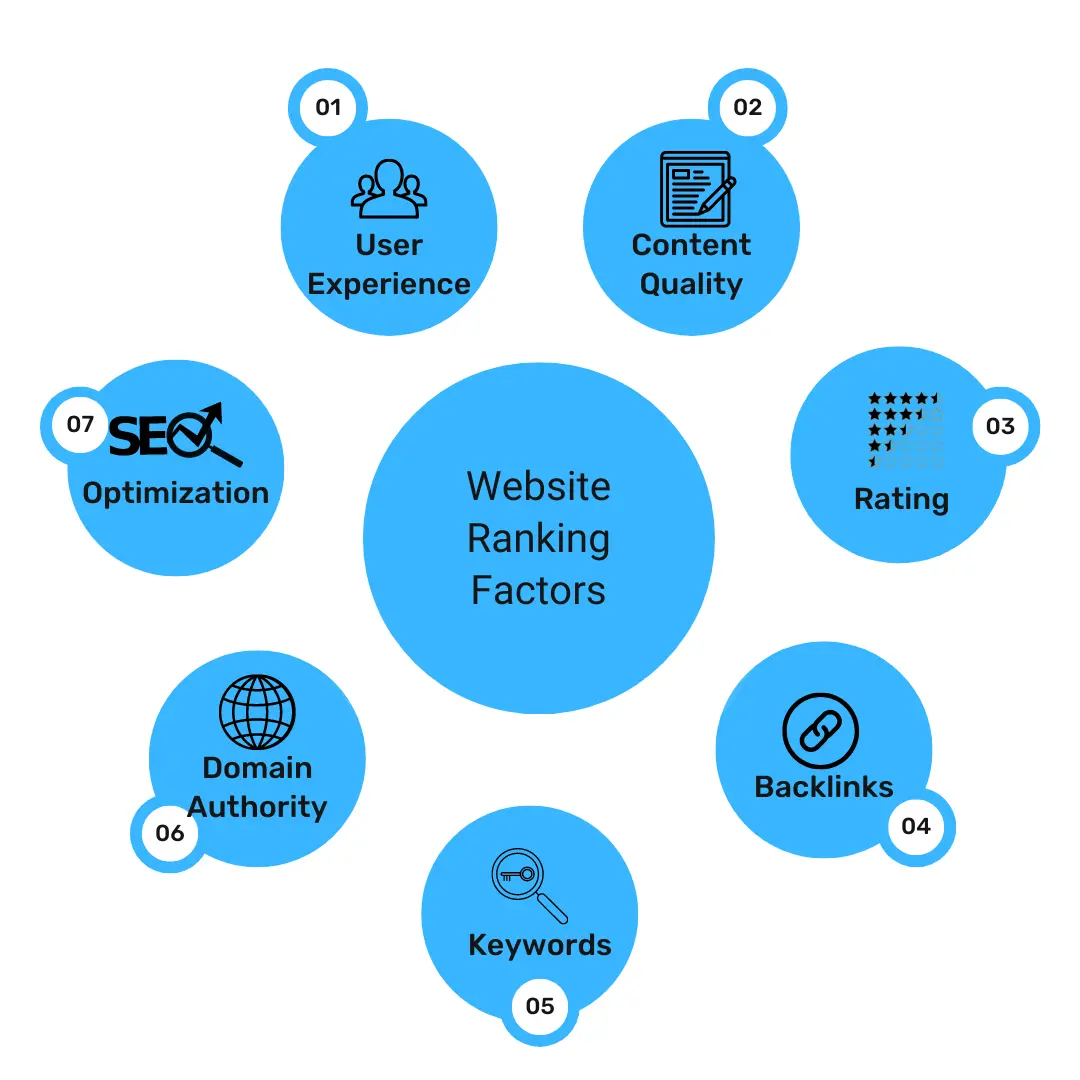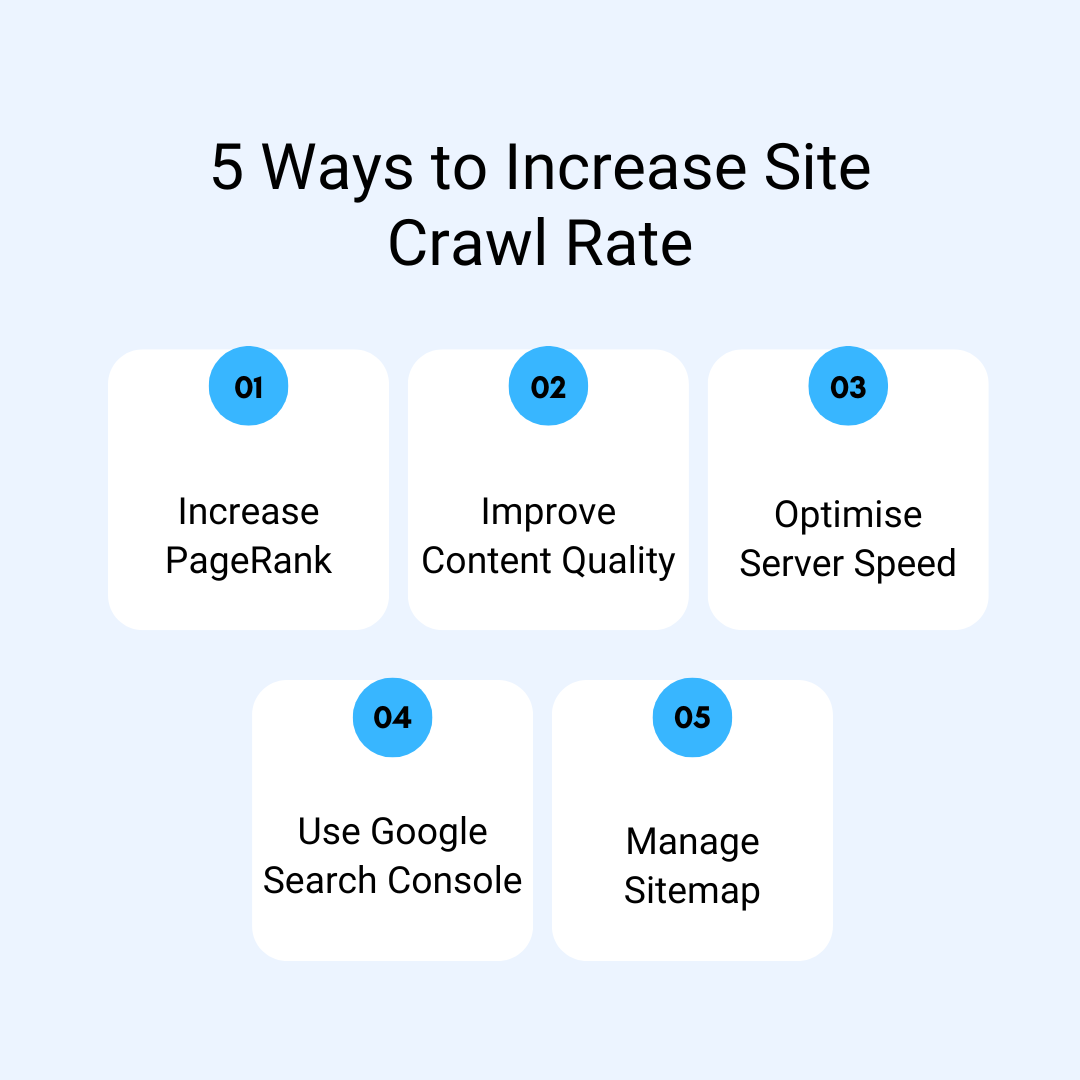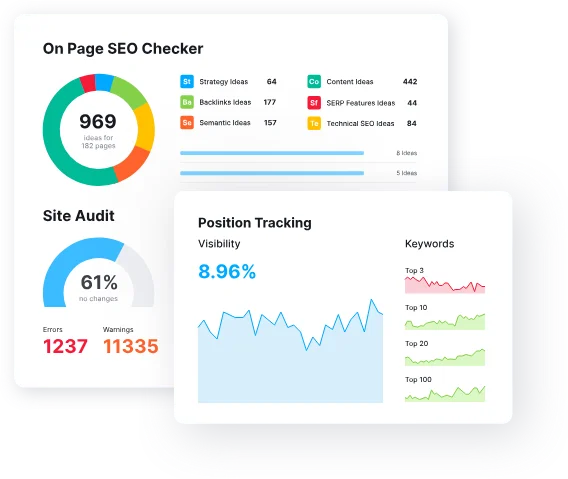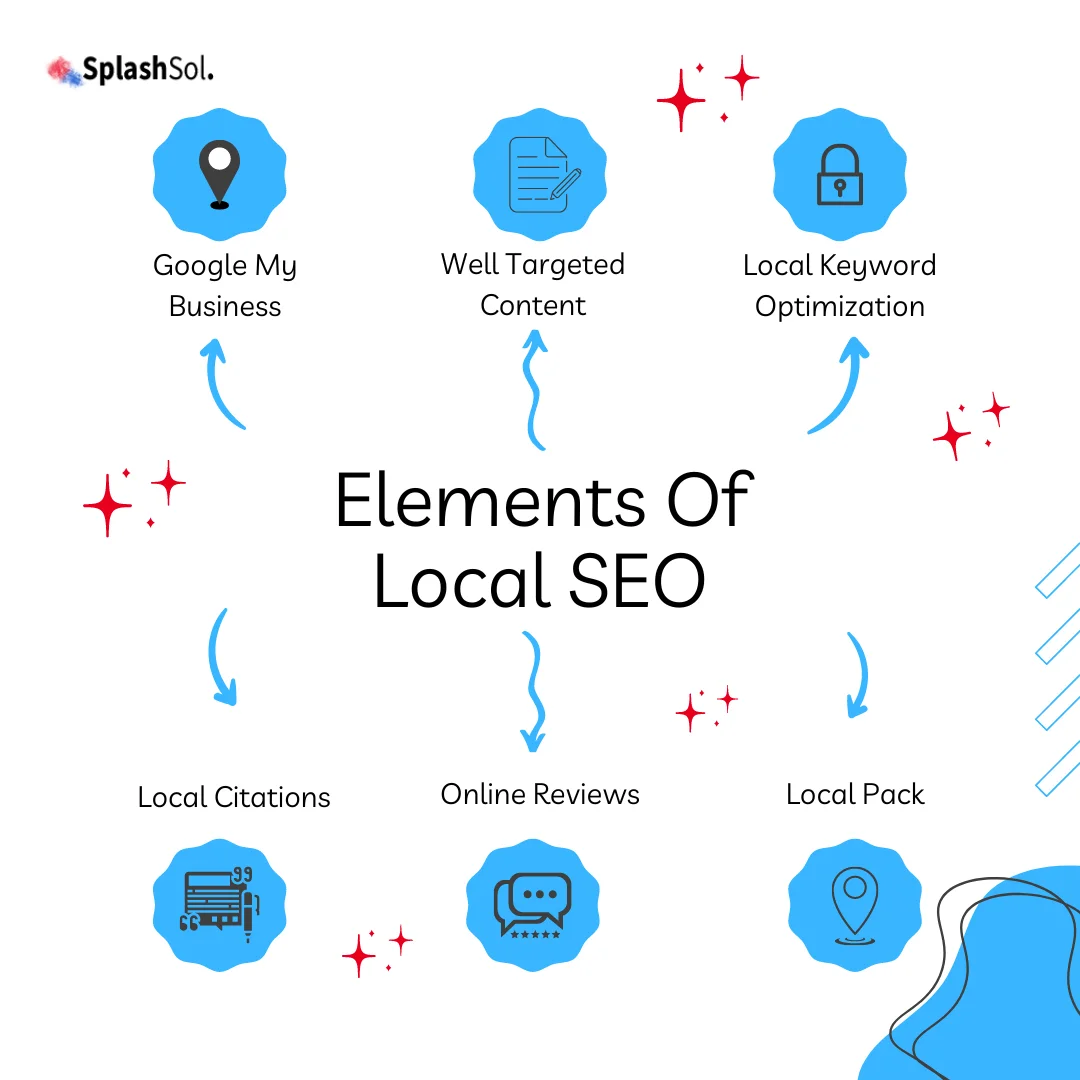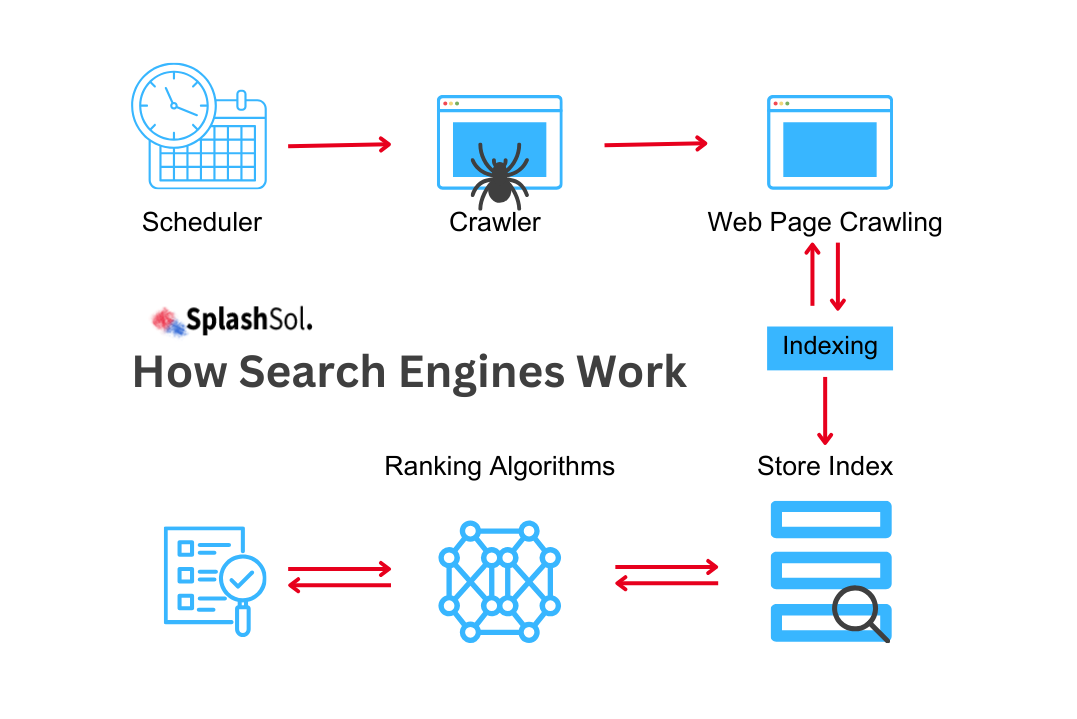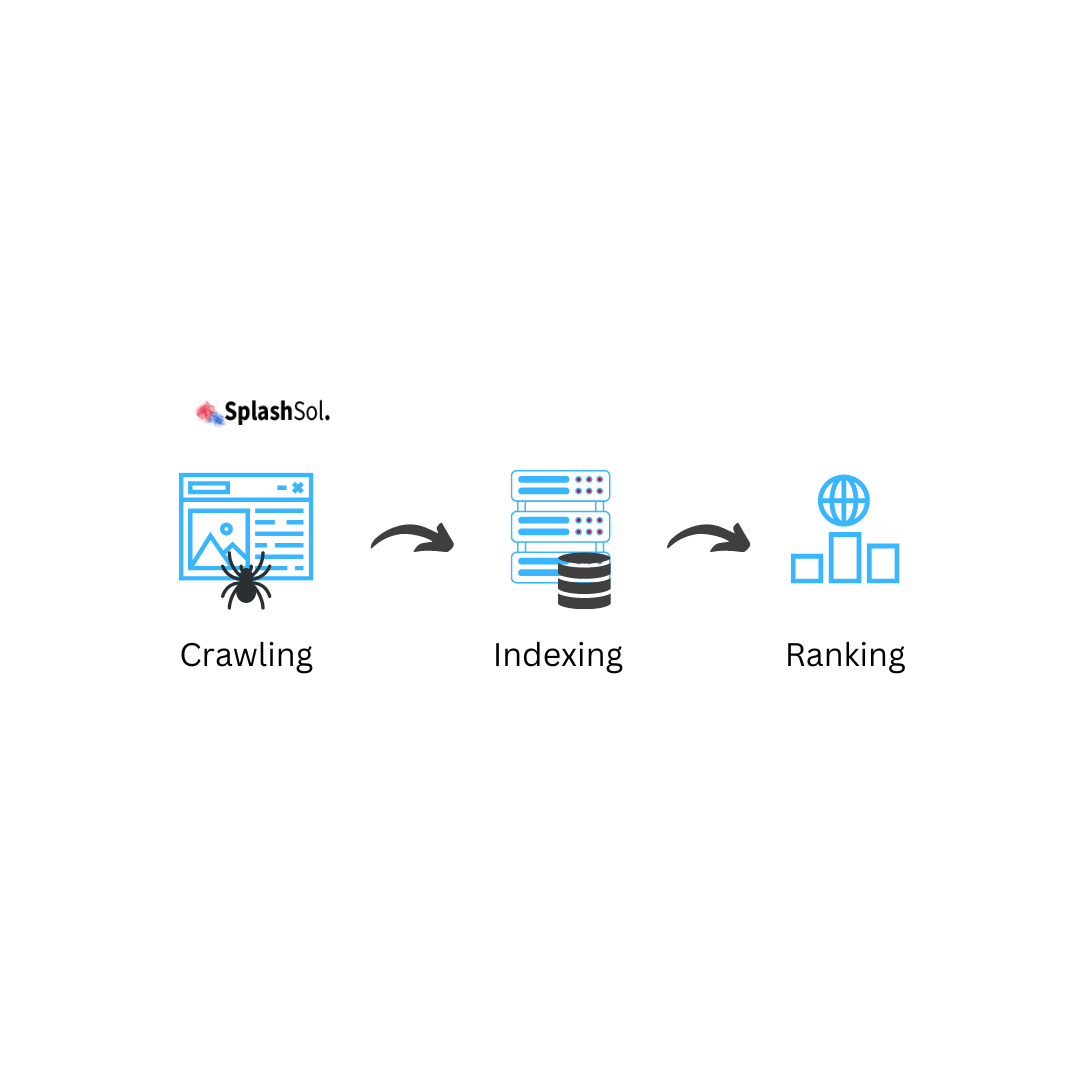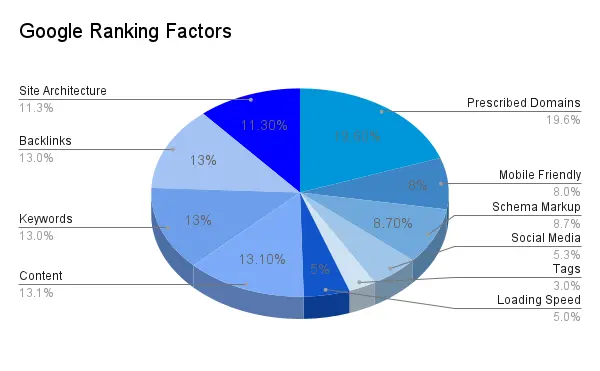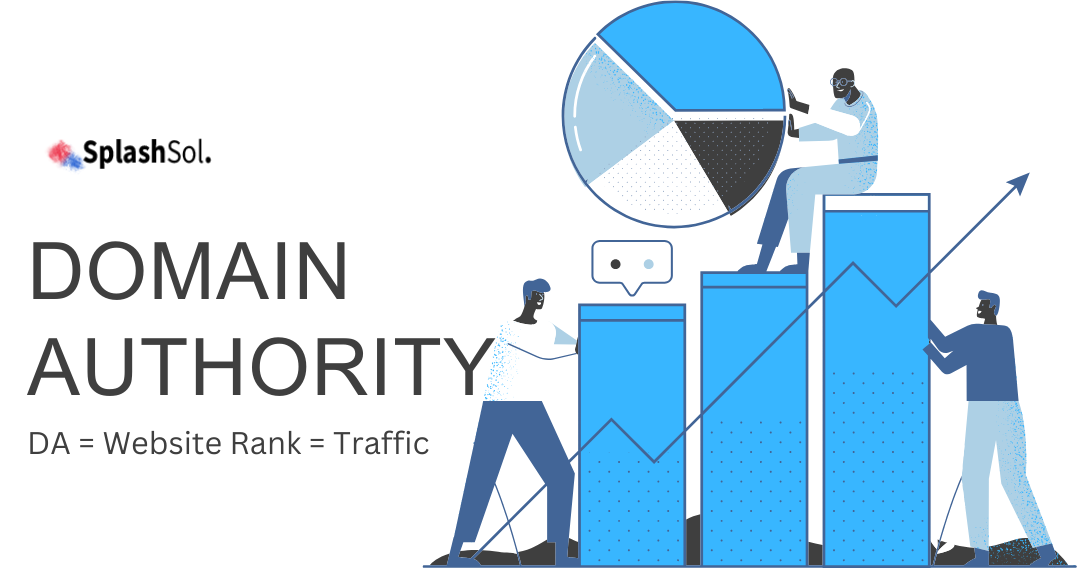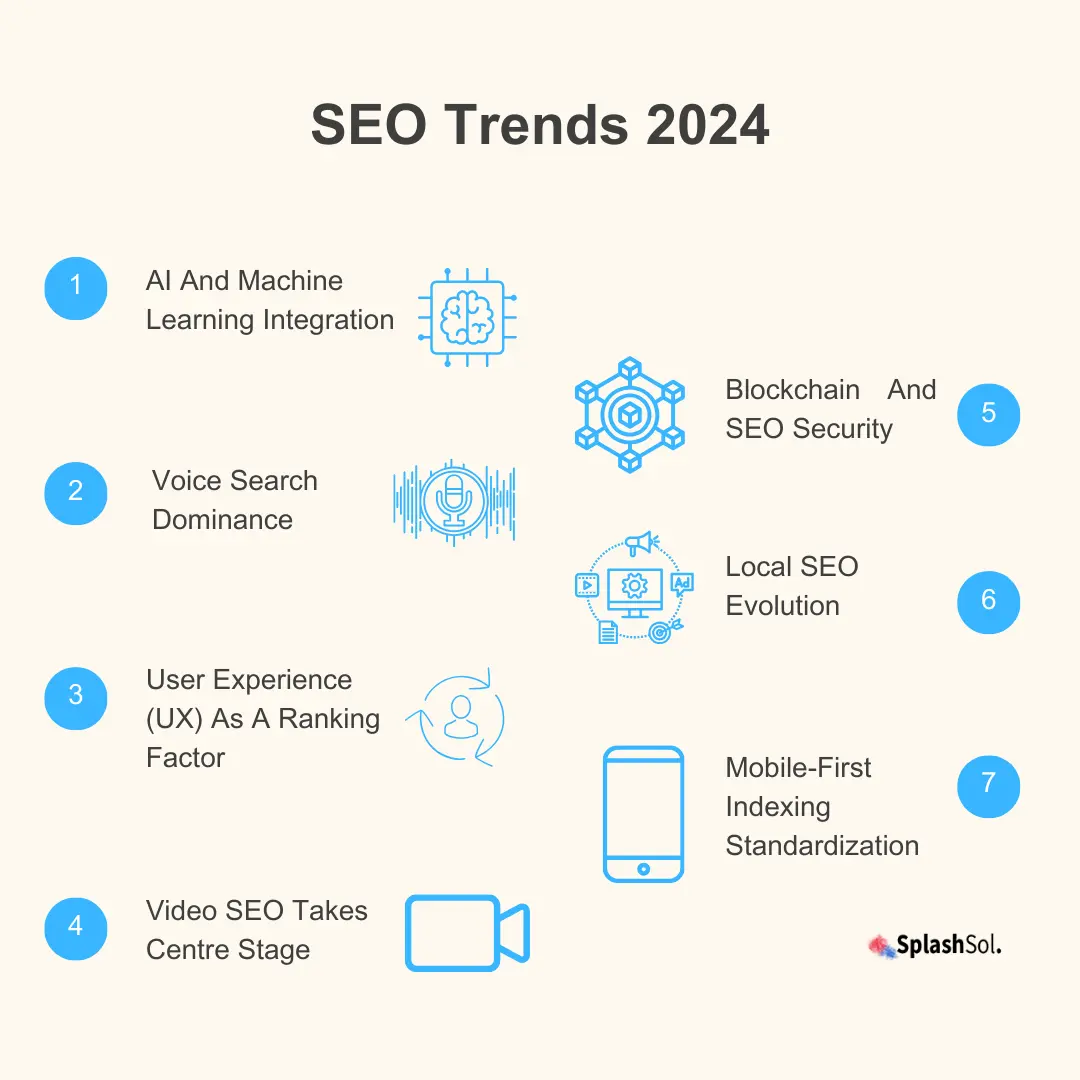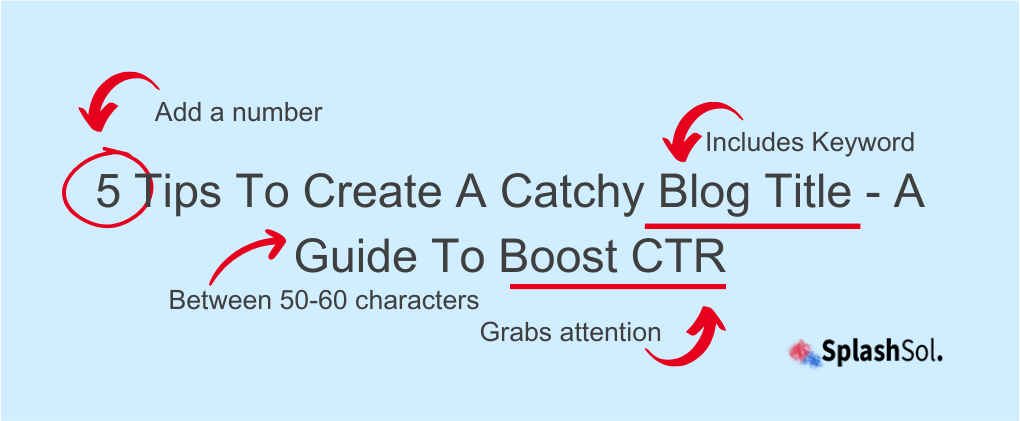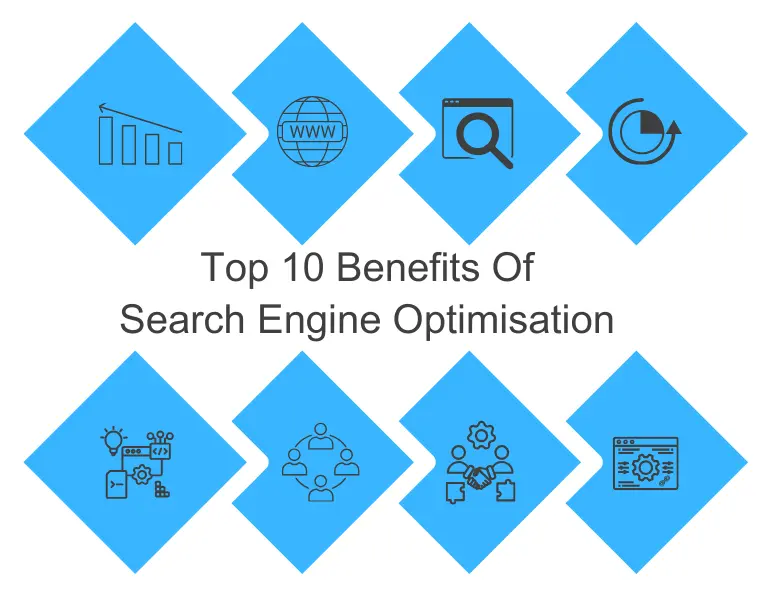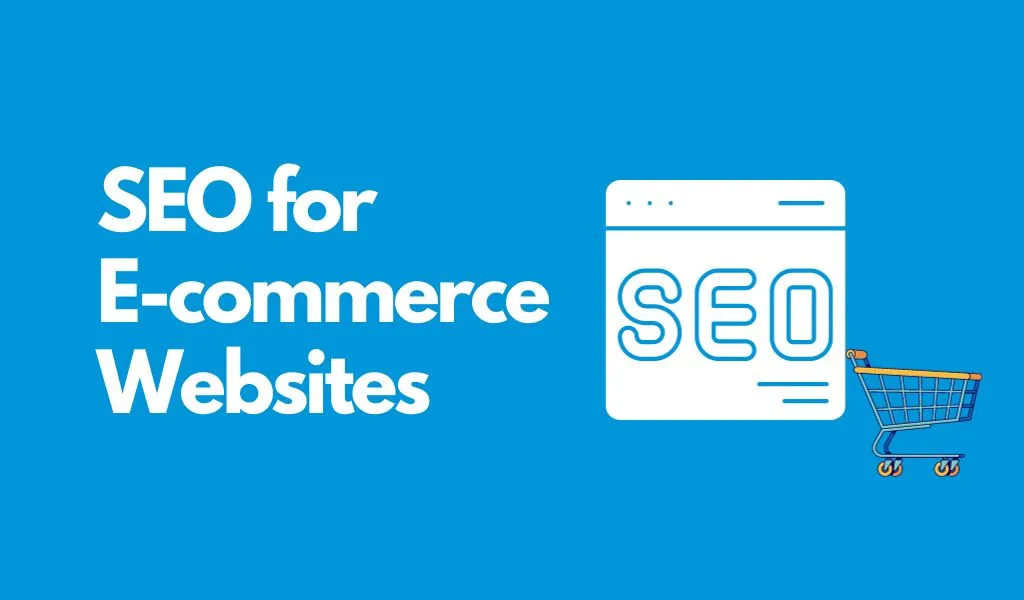Throughout the vast scope of the internet, choosing a search engine can significantly impact your online experience and digital marketing strategies. The decision between Bing and Google, two of the most popular search engines, is crucial in ensuring that your search queries yield accurate and relevant results.
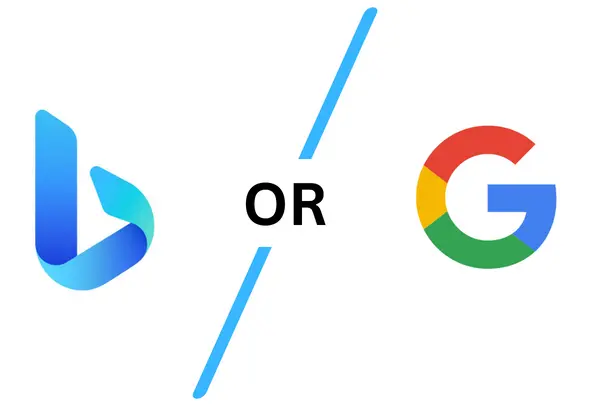
The Current Market Share
- Google: Holds between 81% and 92% of the global search market share, depending on the source and timeframe considered.
- Bing: The second-largest player, with around 10% market share.
- Yahoo!: Third place, with just over 2% market share.
This blog aims to explore the complexities of these search giants, providing insights into their histories, features, and strengths.
Understanding Bing And Google
Let us understand the origin of Bing and Google:
| Google |
Bing |
| Google, the search giant founded in 1998, has become synonymous with online searches. Known for its minimalist design and lightning-fast results, Google has dominated the search engine market for years. The company’s continuous innovation and commitment to providing relevant information have made it the go-to choice for many users worldwide. |
Bing, Microsoft’s search engine, has carved out its space in the digital field since its launch in 2009. With a visually appealing homepage that features daily changing backgrounds, Bing has gained recognition for its stunning image-focused approach. The search engine’s strengths lie in integrating Microsoft services and unique features, offering users a distinct alternative to Google. |
Factors To Consider
When deciding between Bing and Google, various factors come into play that can significantly influence your search experience. Let’s explore these considerations in detail:
| Search Quality And Accuracy |
When choosing a search engine, the primary concern is the quality and accuracy of search results. Both Bing and Google employ complex algorithms but may excel in different contexts. Google’s search algorithm is renowned for its accuracy, while Bing’s image-centric approach might yield more visually relevant results. Examining specific use cases can help users identify which search engine aligns better with their search preferences. |
| User Interface And Experience |
The user interface plays a pivotal role in search engine optimisation. Google is known for its clean and straightforward design, focusing on delivering results quickly. In contrast, Bing incorporates visually appealing backgrounds and organises information in a way that might appeal to users who prefer a more dynamic and image-centric interface. Evaluating personal preferences for design and ease of navigation is important in making an informed decision. |
| Privacy And Data Handling |
The handling of user data is a critical aspect of the digital age. Comparing the privacy policies of Bing and Google can provide insights into how each platform collects, uses, and protects user information. Understanding data collection practices and user tracking policies is essential for individuals prioritising privacy in their online activities. |
| Customisation And Personalisation |
Both Bing and Google offer personalised search results based on user preferences and search history. Exploring how each search engine creates its results and the level of control users have over customisation is crucial. While personalisation can enhance the user experience, it’s essential to consider the potential drawbacks, such as the filter bubble effect, where users are exposed only to information that aligns with their existing beliefs. |
| Voice And Visual Search Capabilities |
As technology advances, voice and visual search capabilities have become integral features of search engines. With its Google Assistant, Google has been a pioneer in voice search technology, whereas Bing’s visual search allows users to search using images. Assessing the performance and efficiency of these features can be influential for users who rely on voice commands or visual queries. |
Google’s Goliath Stature
Google boasts a staggering market share, currently sitting around 92%. Here are Google’s benefits and risks.
| Benefits |
Risks |
| Sophisticated Algorithm |
Privacy Concerns |
| Seamless Integration |
Filter Bubble Phenomenon |
| Innovation Powerhouse |
Innovation Fatigue? |
- Sophisticated Algorithm: Google’s search algorithm, RankBrain, is renowned for its complexity and effectiveness. It analyses a vast array of factors, including user behaviour, content quality, and backlinks, to deliver highly relevant search results.
- Seamless Integration: Google’s ecosystem extends far beyond search. Gmail, Android, Google Maps, and a plethora of other services are tightly integrated, creating a user-friendly and cohesive experience.
- Innovation Powerhouse: Google consistently pushes boundaries in artificial intelligence, machine learning, and natural language processing. These advancements continuously improve search functionality and user experience.
However, Google is not without its chinks in the armour:
- Privacy Concerns: Google’s heavy reliance on user data for personalisation and targeted advertising raises growing privacy concerns.
- Filter Bubble Phenomenon: Google’s algorithms can create “filter bubbles,” where users are primarily exposed to information that confirms their existing beliefs.
- Innovation Fatigue?: While Google remains innovative, some argue that its focus on maintaining its dominant position may hinder the development of truly revolutionary search experiences.
Bing’s Rising Star
Despite being the underdog, Bing is making significant strides.
| Benefits |
Risks |
| Visual Search Prowess |
Market Share |
| Reward System |
Algorithm Refinement |
| Focus on Privacy |
Limited Ecosystem Integration |
Let’s explore its strengths:
- Visual Search Prowess: Bing excels in visual search. Its image recognition technology makes it easier to find what you’re looking for using photos or screenshots.
- Reward System: Bing Rewards incentivises users with points for searching, which can be redeemed for gift cards and other prizes. This gamification approach can be particularly attractive for certain demographics.
- Focus on Privacy: Bing emphasises user privacy by offering more control over data collection and providing options for anonymous searches.
However, Bing also has areas for improvement:
- Market Share: Google’s immense lead presents a significant challenge. Attracting users requires continued innovation and a compelling value proposition.
- Algorithm Refinement: While Bing’s algorithm is improving, it still lags behind Google in terms of accuracy and results in relevancy for complex searches.
- Limited Ecosystem Integration: Bing’s lack of a robust ecosystem like Google’s can hinder its ability to create a seamless user experience.
The Future of Search
Predicting the future of search in 2024 and beyond is challenging. Here are some potential scenarios:
- The Coexistence Model: Google might maintain its dominance for basic web searches, while Bing caters to niche areas like visual search or privacy-conscious users.
- The Rise of the Third Player: New players with innovative approaches, like DuckDuckGo’s emphasis on privacy, could emerge as major contenders.
- The AI-Powered Revolution: Search might evolve beyond keyword-based queries. Users could interact with search engines using natural language and receive more contextually relevant, dynamic search experiences powered by AI. SEO is also affected by AI.
Who Will Rule in 2024? Bing Or Google.
While it’s unlikely Bing will dethrone Google in 2024, its progress is undeniable. The future of search likely lies in a more competitive landscape, where both Google and Bing continue to innovate, catering to different user needs.
Ultimately, the winner will be the user, benefiting from a wider range of search experiences tailored to their preferences and information needs.
The User’s Choice
The choice of search engine boils down to individual needs and priorities. Do you value personalisation and a comprehensive ecosystem (Google)? Or are privacy concerns and visual search prowess more important (Bing)?
Here’s a quick decision matrix:
| Feature |
Google |
Bing |
| Market Share |
Dominant |
Growing, but smaller |
| Algorithm Accuracy |
High |
Improving, but lagging |
| Visual Search |
Good |
Excellent |
| Privacy |
Moderate concerns |
Stronger emphasis on privacy |
| Innovation |
Consistent |
Focused on catching up |
| Ecosystem Integration |
Extensive |
Limited |
| Rewards System |
No |
Yes (Bing Rewards) |
Frequently Asked Questions
What makes Bing different from Google?
Bing and Google each have their unique strengths. Bing is known for its visually appealing interface and features like daily changing backgrounds, while Google is recognised for its minimalist design and quick results.
Which search engine is more privacy-focused, Bing or Google?
Both Bing and Google prioritise user privacy, but the extent may vary. Reviewing their privacy policies will help you make an informed decision based on your specific privacy preferences.
How do Bing and Google personalise search results?
Both engines personalise results based on your search history and preferences, aiming to enhance your overall search experience. However, it’s essential to be aware of potential limitations, such as the filter bubble effect.
What are the voice and visual search capabilities of Bing and Google?
Google stands out for its voice search with Google Assistant, while Bing offers impressive visual search features, allowing users to search the web using images. Explore these features to see which aligns better with your preferences.



